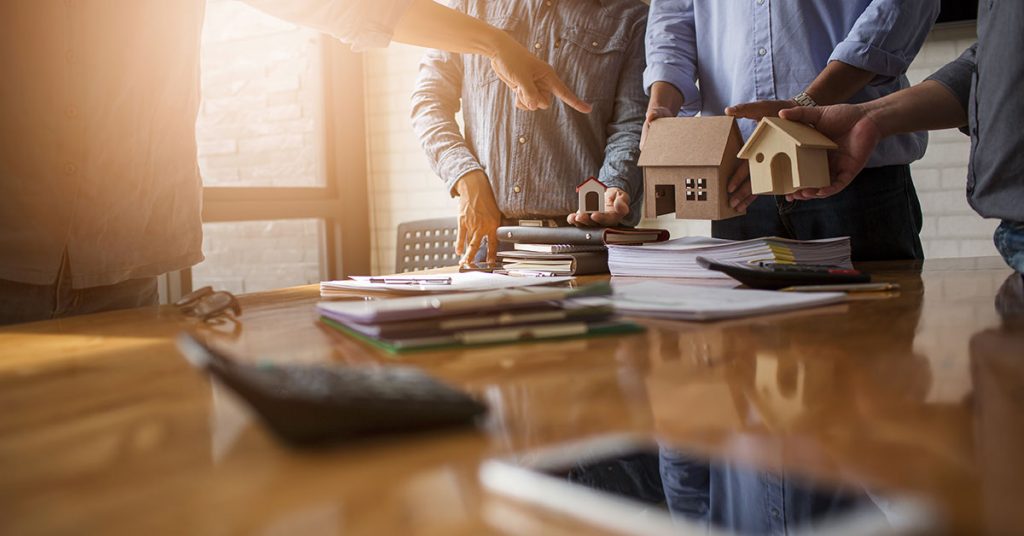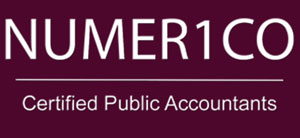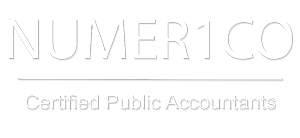Questions To Ask Your Accountant Before Buying A House

Buying a house is a goal many Americans aspire to achieve. It’s a milestone investment that can change your life. Before you look for a realtor, consult with your accountant. But why?
You need to know the long-term financial and tax implications of your purchase. Is this the right time for you to buy a house? Will you get a tax break for buying a house or incur more tax debt?
Your accountant has no vested interest in you buying a home and will provide an objective analysis of all the potential financial and tax implications.
When Is the Best Time to Buy A House?
Historically, homes sell at a premium in May when buyer interest is at its highest. Demand drops off in fall and winter, and homes prices are typically lowest in November.
Homeowners and savvy buyers are aware of this trend, so the choices in November are significantly limited. August is a great time to purchase a home to maximize your selection and savings.
Many people rush into homeownership. Buying a house or a second home is often what financial gurus advise, but people often rush to buy when interest rates make mortgages more affordable.
That could lead to a costly mistake. For example, low-interest rates stimulate demand in the housing market, so you’ll end up paying a premium.
Your credit rating and down payment impact the interest you pay. Over a term of 25 to 30 years, even 1% extra adds up fast.
How Does Buying a House Affect Taxes?
How your purchase affects your taxes depends on how it’s classified. Is it your primary residence, a second home, or an investment property? With the latter, the tax benefits of buying a house decrease substantially.
The average tax return after buying a house allows you to deduct up to $750,000 in interest on your mortgage, but the IRS only allows that deduction on your residences. If you’re buying a property as an investment, you’re not allowed to claim the interest you’re required to pay on your mortgage.
This might make a substantial difference to your taxes when you earn an income from your property. With an investment property, you get no tax credit for buying a house. You may offset the mortgage cost against the rental you receive, but the additional income may push you into a higher tax bracket.
Personal tax planning with property can be complicating. Contact a member of the Numerico team to clarify any questions or concerns.

What Is Considered a Second Home For Tax Purposes?
The IRS looks at how long you stay in your second home to determine if it’s a residence or not. They’ll consider your purchase a second home if:
- You use the home for at least fourteen days every year, or
- Stay in it for 10% of the days you rent it out
It’s the second part of that equation that many people get caught on. The IRS considers the larger of the two numbers in their calculations, so if, for example, you rent out your home for 180 days in a year, the IRS expects you to stay in the home for 10% as long, or 18 days in total. If your stay falls short of the 18-day mark, your second home is classified as an investment property.
Small details like these seldom make it into “How to buy a second home” guides. Speaking to a real estate tax expert before making this major purchase is crucial.
Numerico | Your Real Estate Tax Experts | Livonia, MI
Numerico is a small, customer-centric accounting firm with extensive experience in taxes and the real estate industry. We provide our clients in Livonia, Canton, Dearborn, Ann Arbor, and the surrounding communities with professional services and advice.
Contact one of our experts today for a personalized, objective analysis of your current real estate situation. We’ll help you determine if it’s the right time for you to buy a house.




